The Buddhist temples built by many South Asian countries here are unique for pervasive tranquillity that penetrates even the heart of an atheist. The silence is so deep that you can hear our own breathing and heartbeats. It leads one to dive deep into one’s own unconscious mind, perhaps unknowingly. This is one of the salient features of Bodh Gaya. Basudeb shares his recent visit, exclusively for Different Truths.
After my return from the hospital, I visited Bodh Gaya with my daughter, who was already scheduled to be present there as a part of her professional assignment.
Unlike the Hindu holy places all over the country, the Buddhist temples built by many South Asian countries here are unique for pervasive tranquillity that penetrates even the heart of an atheist. The silence is so deep that you can hear our own breathing and heartbeats. It leads one to dive deep into one’s own unconscious mind, perhaps unknowingly. This is one of the salient features of Bodh Gaya.
Religion is not cruel. Religion helps an individual envision nonviolence, peaceful world and above all Altruism. Every religion pinpoints these cardinal values of life. I do not really know how this lofty feeling operates in the domain of collectivism or in a society enlightening all social units. Lord Buddha, Lord Jesus, the Almighty Allah, Guru Nanak, Adi Shankaracharya, Shri Chaitanya, Sri Ramakrishna Paramhansa, Swami Vivekananda, et al, all are incarnations of the divine.
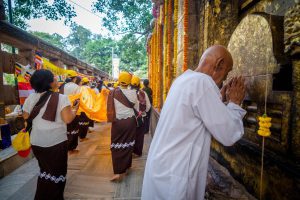 The divine is abstract and intangible. The manifestation of the divine is through Nature, Energy, Cosmic Law, the Universe, Fire, Mountain, and/or a piece of stone or anything else that has a form or is formless, over which a person hardly has any control. In Aristotelian term, it is the Prime Mover.
The divine is abstract and intangible. The manifestation of the divine is through Nature, Energy, Cosmic Law, the Universe, Fire, Mountain, and/or a piece of stone or anything else that has a form or is formless, over which a person hardly has any control. In Aristotelian term, it is the Prime Mover.
An English novelist Thomas Hardy addresses it as an ‘Immanent Will’. Shakespeare and Chaucer call it the spirit of ‘Acceptance’ and ‘Tolerance’. Anybody might be divine by exercising these emotional realities. Here, a man is a mystic. Intellect has no role to play. But I can guarantee you that this sublimated satisfaction has much to do with the religion of mankind. We, people, misuse the institutional religion. Therein lies the crisis of our civilisation.
Another problem is we, Indians intermingle the spiritual and the mundane worlds. We blend our business mind with our religious rituals. Philosophy and religion in our country go hand in hand. In the West, religion and politics are separated because Europe experienced the Renaissance after the Middle Age and subsequent religious and democratic movements, trade unionism and epoch-making writings by great thinkers like Bentham, Darwin, Herbert Spencer, Augustus Comet, Kant, Marx and many others.
Europe did not skip over the different stages of the growth and the development of modern civilisation. Remnants of feudalism still exist in our society. Had it not been existent even today, how could we accept ‘Khap Panchayats’ and ‘honour killing’ today? How could we trample down the Dalits even in the 21st Century? Simultaneously, we cannot ignore our sluggish growth of industries. We have already made our civilisation a concrete jungle of bricks and stones. How funny it is that we are heading towards total globalisation!
Remnants of feudalism still exist in our society. Had it not been existent even today, how could we accept ‘Khap Panchayats’ and ‘honour killing’ today? How could we trample down the Dalits even in the 21st Century? Simultaneously, we cannot ignore our sluggish growth of industries. We have already made our civilisation a concrete jungle of bricks and stones. How funny it is that we are heading towards total globalisation!
Bodh Gaya is a holy shrine. The Bodhi Tree is a witness of Lord Buddha’s Moksha or Enlightenment. This historical fact is that it is a tourist spot, particularly in the winter, when the weather is extremely benign and friendly.
I am now in the prayer room of a Bhutanese temple early in the morning. It’s 6 AM. Prayer begins. And I’m alert of myself in a meditative way, pushing the ramblings of my mind aside. My intellect remains active. It’s a new experience.
©Basudeb Chakraborti
Photos from the Internet
#BodhGaya #TravelToBodhGaya #SpiritualTravels #ReligionAndTravel #BodhGayaExperience #BuddhistTemples #TeachingOfSpiritualLeaders #SpiritualLeaders #TravelAndGetaway #DifferentTruths

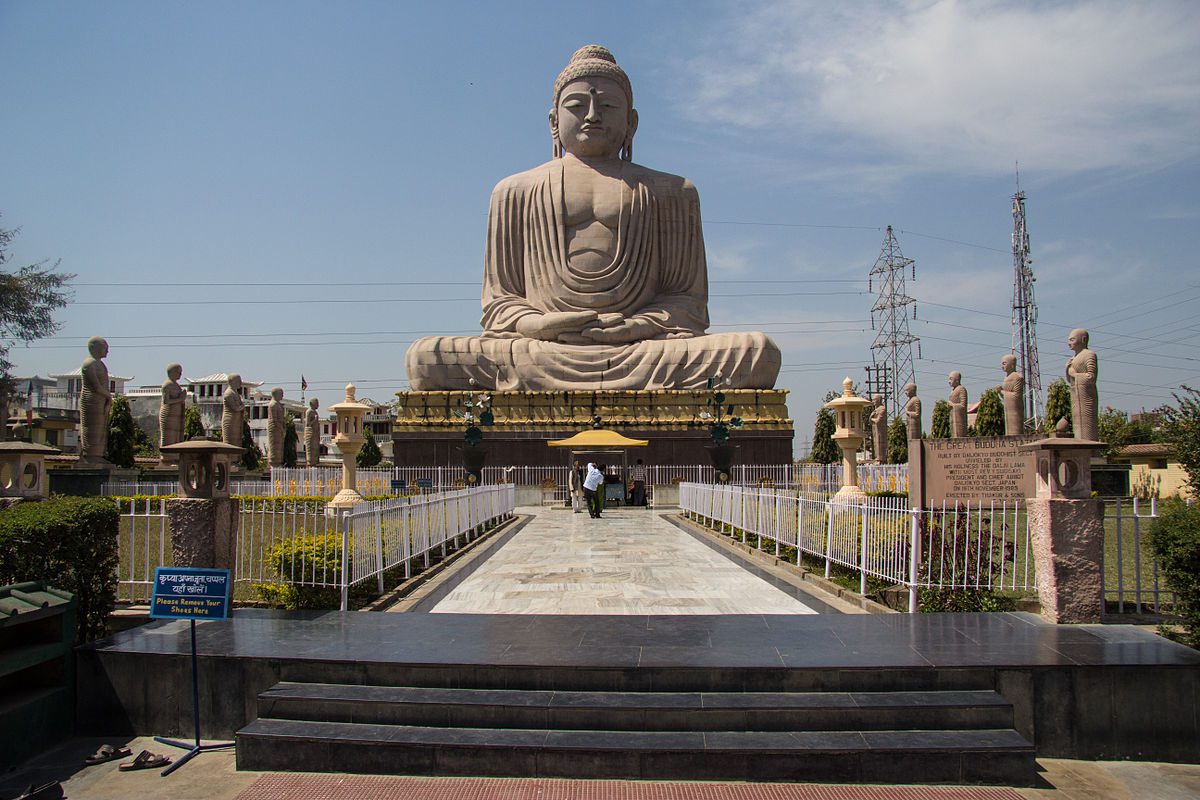
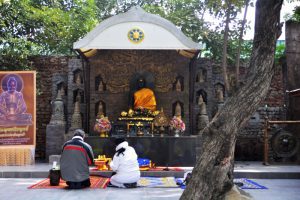
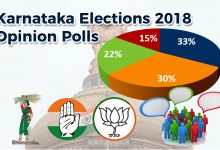

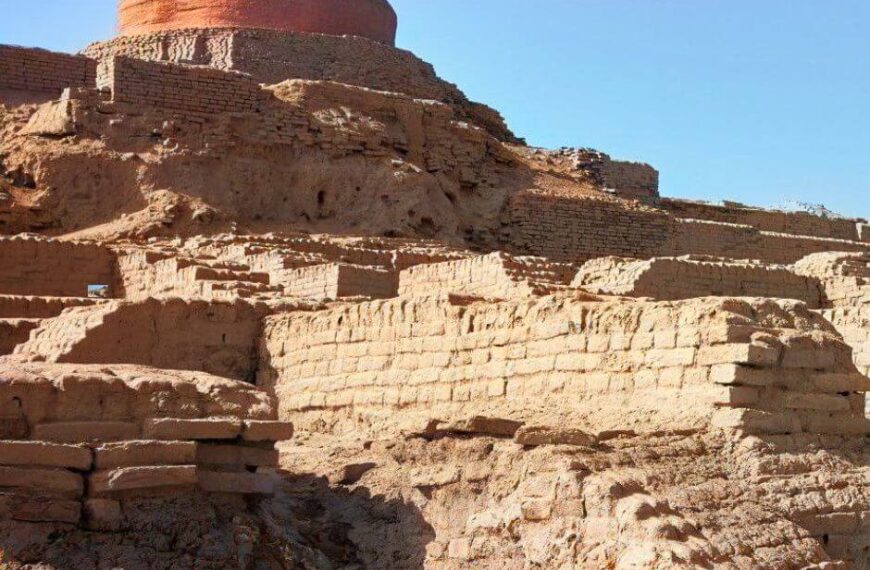
 By
By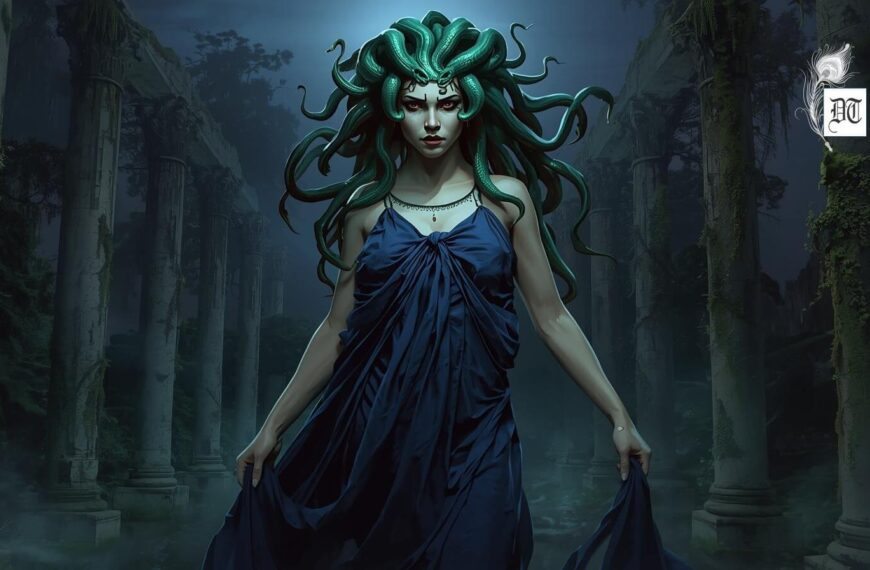
 By
By
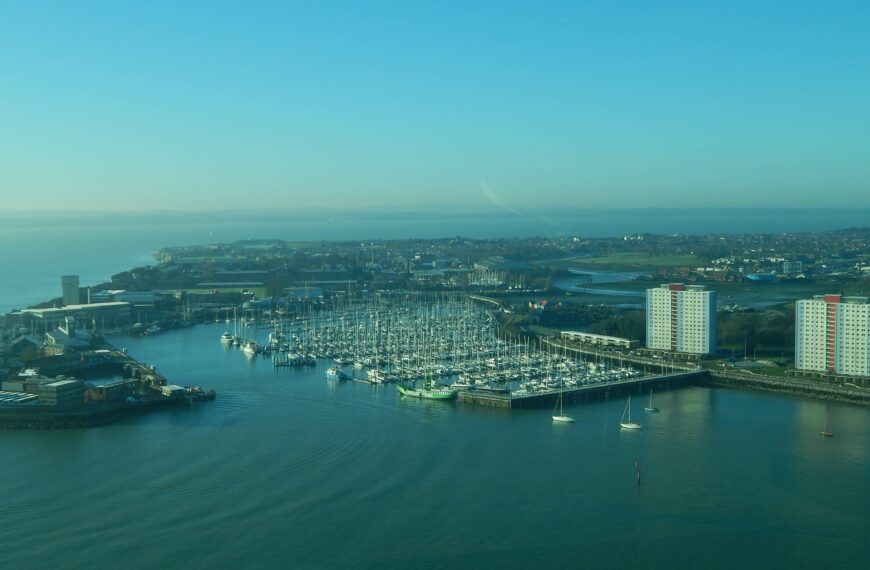
 By
By